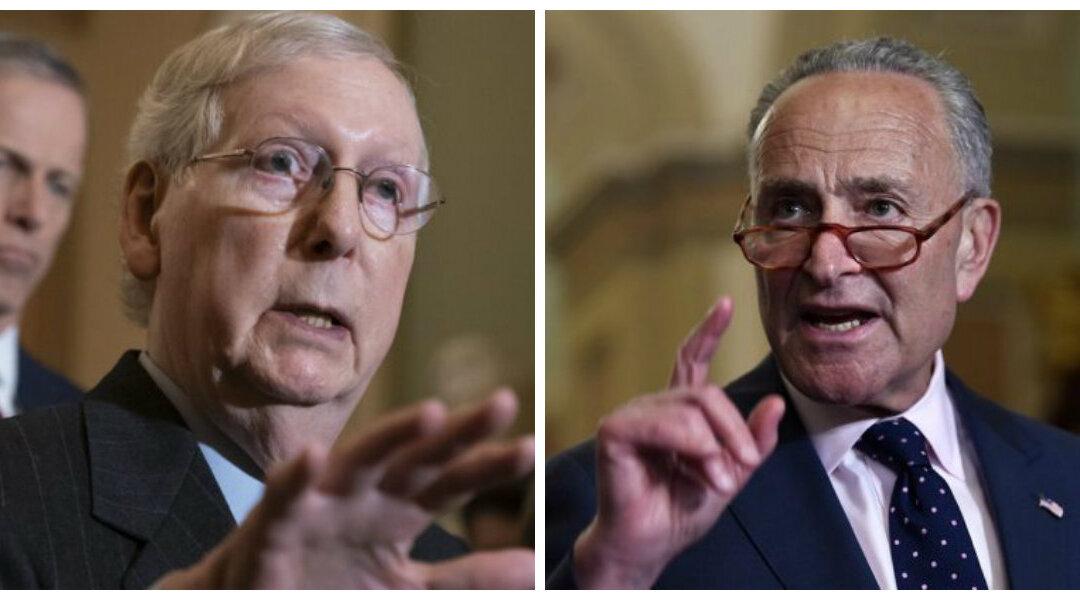The U.S. Senate on May 19 voted to pass a $40 billion aid package to Ukraine, overruling the objections of a few scattered Republican voices who opposed the bill.
The 86–11 vote saw members of both parties join in support of the legislation, which had previously stalled due to objections from Sen. Rand Paul (R-Ky.).





